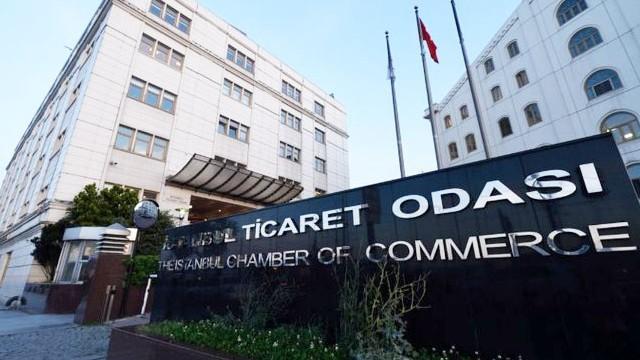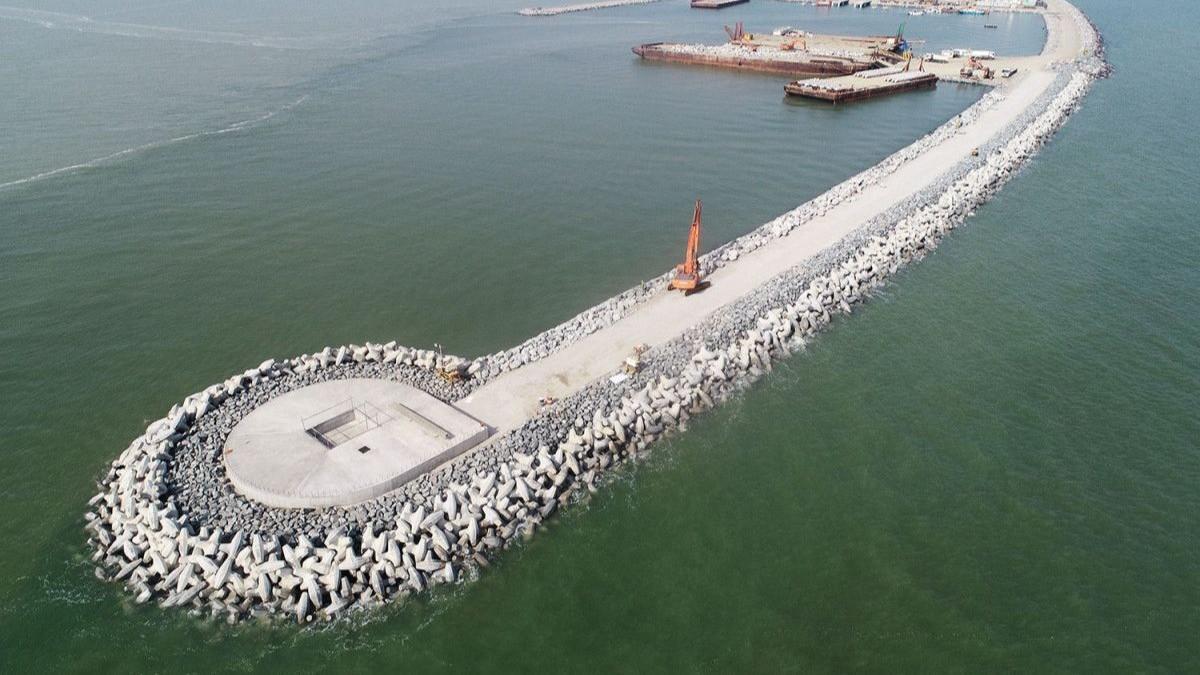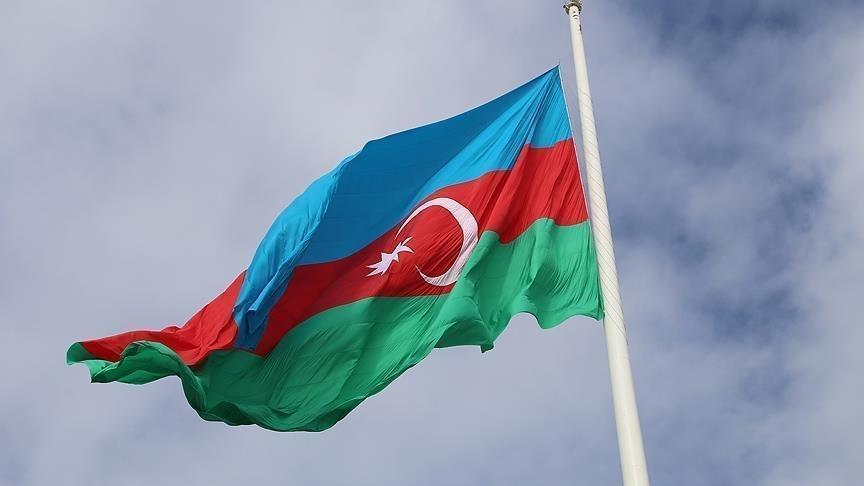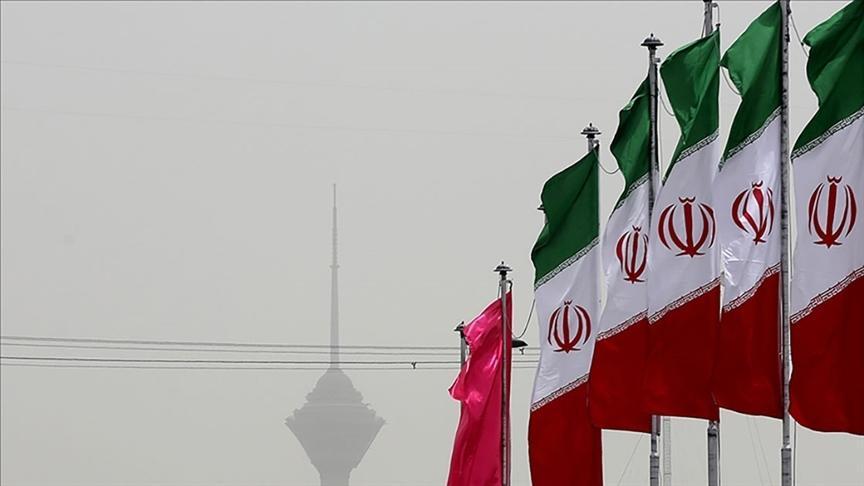Russia defies pressure from West over Syria
LONDON / BERLIN
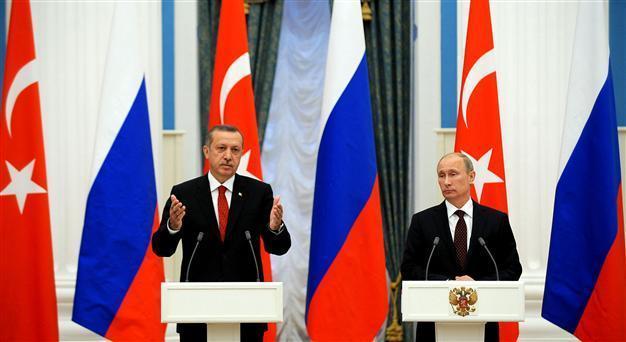
Both Turkey and Russia will refuse to accept any division of Syria, Turkish Premier Erdoğan (L) says during a press conference with Russian President Putin in Moscow. AA photo
A suicide bombing which killed members of President Bashar al-Assad’s inner circle has increased the urgency for tougher United Nations action says Western leaders, a stance rejected by Russia.British Foreign Secretary William Hague condemned the suicide attack, and said it “confirms the urgent need for a Chapter 7 resolution of the U.N. Security Council on Syria.”
U.N.-Arab League envoy Kofi Annan asked the UN Security Council to delay a vote scheduled for yesterday on a Western-drafted resolution calling for sanctions against Syria. “Annan feels it is still possible to get a compromise with Russia on the resolution,” said a diplomat from a U.N. Security Council nation.
The vote proposed by Britain, the United States, France and Germany, which would extend a U.N. observer mission in Syria for 45 days and place international envoy Kofi Annan’s peace plan under Chapter 7 of the U.N. Charter. Chapter 7 allows the 15-member council to authorize actions ranging from diplomatic and economic sanctions to military intervention. German Chancellor Angela Merkel said the bombing “shows us that it is high time to ratify the next U.N. resolution.” French Foreign Minister Laurent Fabius said Paris would push for the resolution.
Dead end to support opposition: Lavrov
But, with four straight days of fighting in Damascus, some taking place within sight of the presidential palace yesterday, Moscow said the draft resolution would worsen the violence.
Russian Foreign Minister Sergei Lavrov accused the West of inciting the Syrian opposition after top officials were killed in a bomb attack, arguing that a proposed U.N. resolution amounted to support for the rebels and would lead to more bloodshed.
“Instead of calming the opposition down, some of our partners are inciting it to go on,” Lavrov said. “It is a dead end policy to support the opposition. Al-Assad will not go on his own and our Western partners don’t know what to do about that.”
U.S. Defense Secretary Leon Panetta said that the situation in Syria appeared to be “spinning out of control,” as he voiced concern about rising violence and renewed calls for increased global pressure for the Syrian president to step down.



